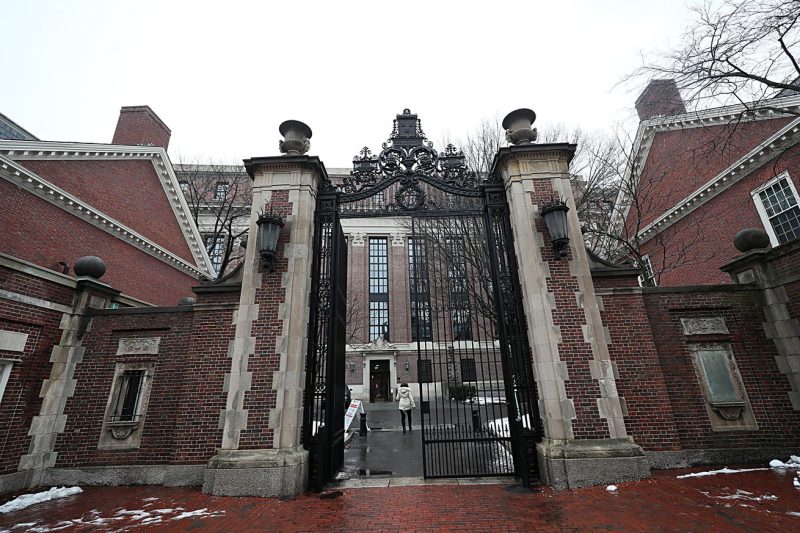In recent years, the concept of geoengineering as a potential solution to combat climate change has gained traction among scientists and policymakers globally. The idea of using technological interventions to manipulate the Earth’s climate system to counteract the impacts of global warming has sparked both intrigue and concern. One such controversial experiment, known as the Stratospheric Controlled Perturbation Experiment (SCoPEx), aimed to artificially cool the Earth by releasing particles into the stratosphere to reflect sunlight back into space.
The cancellation of the SCoPEx experiment raised questions about the ethics and potential risks associated with geoengineering. The decision to halt the experiment was made in response to concerns raised by environmental advocates and indigenous communities regarding the potential unintended consequences of tinkering with Earth’s natural systems. Critics argued that manipulating the global climate through geoengineering projects could have unpredictable and irreversible impacts on ecosystems and human societies.
Despite the cancellation of SCoPEx, the debate around geoengineering and its role in combating climate change continues to evolve. Proponents of geoengineering argue that bold and innovative solutions are needed to stabilize the climate and prevent catastrophic consequences of global warming. They believe that technologies such as solar radiation management could provide a cost-effective and rapid method to offset the effects of climate change.
However, opponents of geoengineering caution against the hubris of attempting to engineer the planet’s complex climate system. They emphasize the need for more sustainable and nature-based solutions to address climate change, such as reforestation, renewable energy, and carbon sequestration. Additionally, there are concerns about the potential geopolitical implications of deploying large-scale geoengineering projects, such as disagreements over who would control and oversee such interventions.
Moving forward, it is essential for policymakers, scientists, and society as a whole to engage in a transparent and inclusive dialogue about the risks and benefits of geoengineering. Ethical considerations, environmental impacts, and societal implications must be carefully weighed before pursuing any large-scale geoengineering projects. Ultimately, the cancellation of the SCoPEx experiment serves as a reminder of the complexities and uncertainties surrounding geoengineering and the urgent need for sustainable solutions to mitigate climate change.



























